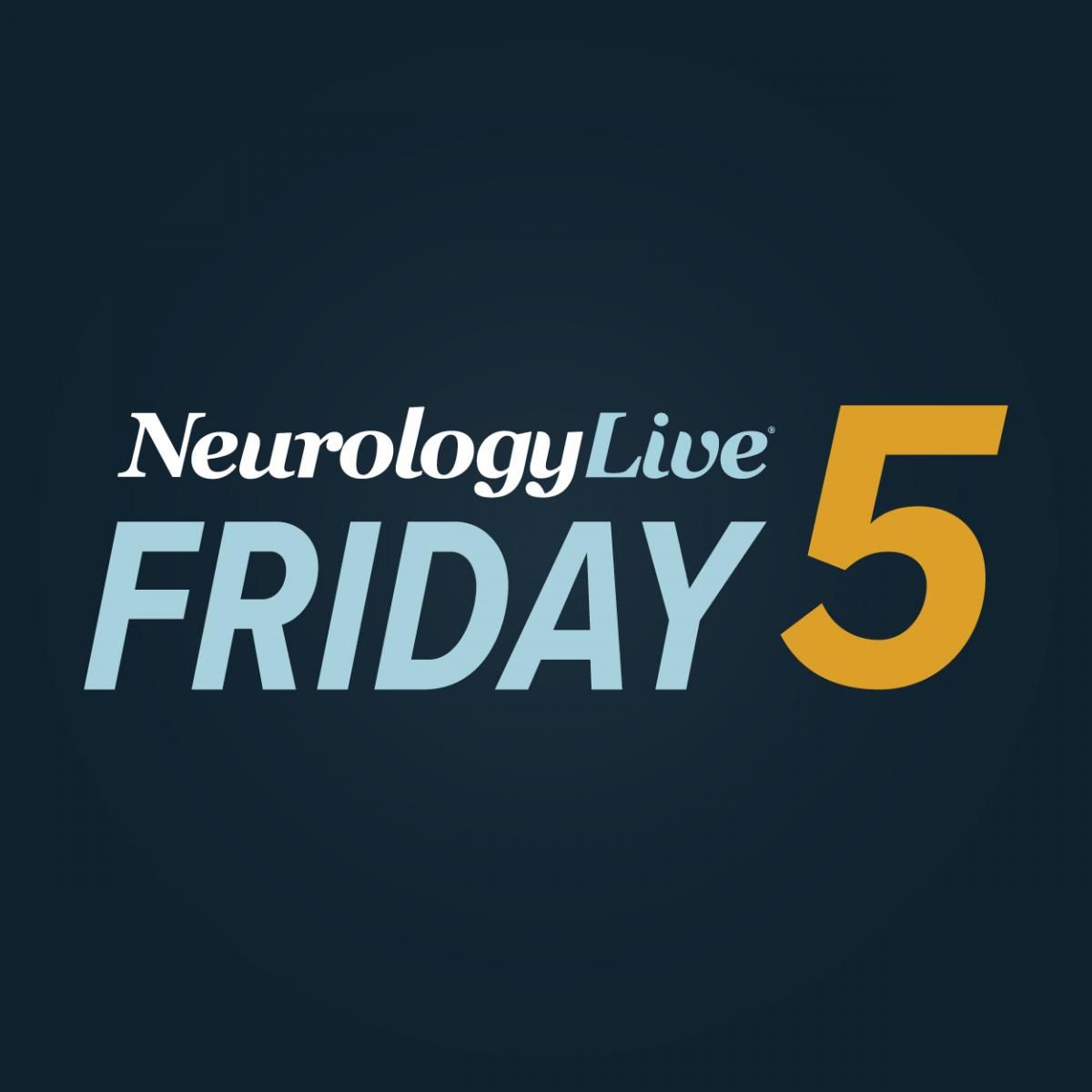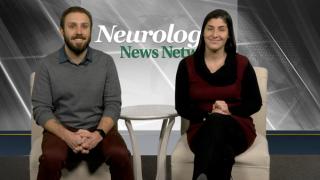
Headache and Migraine
Latest News
Latest Videos

CME Content
More News

The study author, director of MedStar Georgetown Headache Center, and associate professor of neurology at MedStar Georgetown University Hospital discussed the findings of a pooled analysis of the ACHIEVE I and II studies of ubrogepant.

The director of the Headache Center of Southern California discussed the findings of the study, as well as what these data might suggest about how onabotulinumtoxinA fits into the shifting landscape of chronic migraine care.

Take 5 minutes to catch up on NeurologyLive's highlights from the week ending May 15, 2020.

The neurologist at the Barrow Neurological Institute spoke to the impact that social media and telemedicine have had on the medical community’s ability to stay connected and continue to provide care and support.

The director of MedStar Georgetown Headache Center and associate professor of neurology at MedStar Georgetown University Hospital discussed the findings of an analysis from the ACHIEVE studies of ubrogepant.

The neurologist at the Barrow Neurological Institute discussed how to best address telemedicine appointments and exams for patients who may be at risk for a fall or some other safety concern.

Women with migraine with cold extremities had higher attack frequencies, which data suggest stems partly from sleep disturbances.

Neurology News Network for the week ending May 9, 2020.

The clinical neurology fellow at Brigham and Women's Hospital and Harvard University detailed what recent survey data suggest, why the survey was conducted, and how to possibly improve the approach to the protocol.

Take 5 minutes to catch up on NeurologyLive's highlights from the week ending May 8, 2020.

The wide variance in onabotunlinumtoxinA use for migraine prevention raises the question of whether evidence-based advisory statements might be more helpful than a proscriptive protocol.

The headache specialist at UCSF discussed the findings of a retrospective assessment of the impact of the infusion rate of dihydroergotamine (DHE) on inpatient treatment outcomes.

The COX-2 inhibitor was OK’d for the treatment of acute migraine in adults with or without aura more than 20 years after the drug's initial approval for pain indications.

Neurology News Network for the week ending May 2.

Take 5 minutes to catch up on NeurologyLive's highlights from the week ending May 1, 2020.

The director of the Montefiore Headache Center discussed recent study findings on ubrogepant and offered insight into the possible future of the gepant class in migraine.

The FDA-approved anti-CGRP therapy from Eli Lilly demonstrated a significant ability to decrease monthly migraine days in patients who did not respond to previous medications.

The FDA-approved migraine therapy lasmiditan showed long-term efficacy and had similar change in Migraine Disability Assessment total score in both 100-mg and 200-mg doses.

Allergan’s oral CGRP antagonist showed a higher likelihood of freedom from pain and associated symptoms during mild headaches for patients with migraine compared to attacks of moderate to severe severity.

The anti-CGRP agent showed sustained benefit in reducing migraine frequency as well as good safety over 4 or more years of treatment in a cohort of more than 200 patients.

The neurologist at the Barrow Neurological Institute detailed how she has gotten patients to buy into the adjustment to a virtual medical care model, and what challenges she's had to overcome.

These data on the preventive migraine treatment confirmed findings from previous studies, with eptinezumab not only reducing total migraine days, but elongating the duration of consecutive migraine-free days.

Data from the OVERCOME study of more than 20,000 respondents suggest that those whose acute migraine treatment was optimized according to the mTOQ had less disability and better quality of life.

Neurology News Network for the week ending April 25, 2020.

Take 5 minutes to catch up on NeurologyLive's highlights from the week ending April 24, 2020.


















